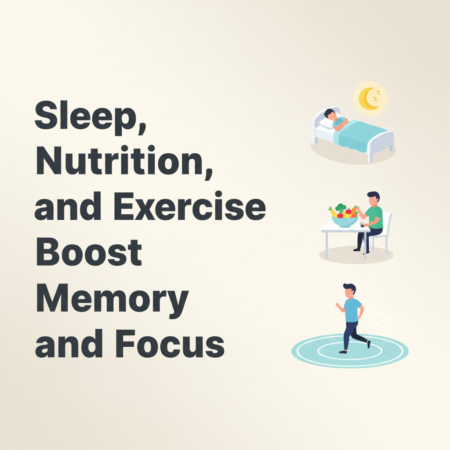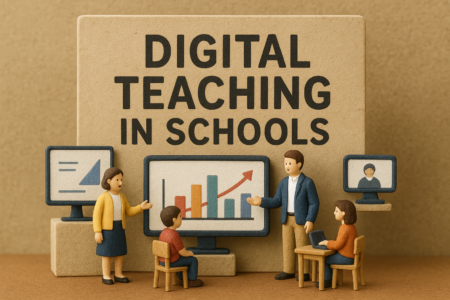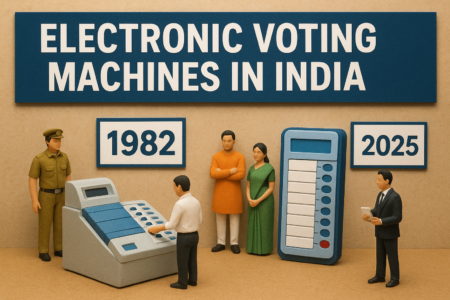Introduction
In the realm of academia, success in exams goes beyond the rote memorization of facts and figures. A more profound and enduring approach involves the cultivation of critical thinking skills. In this comprehensive guide, we will explore strategies that transcend memorization, empowering students to engage in thoughtful analysis, problem-solving, and creative synthesis—a journey towards exam success that is not just about recalling information but understanding it deeply and applying it with finesse.
The Limitations of Memorization
Recognizing the Pitfalls of Rote Learning:
While memorization has its place in the learning process, relying solely on this method can be limiting. Exams increasingly demand more than regurgitating information; they require students to analyze, evaluate, and apply their knowledge in diverse contexts. Recognizing the pitfalls of rote learning is the first step toward embracing critical thinking strategies.
The Importance of Deeper Understanding:
Exams are designed to assess a student’s comprehension and ability to think critically about the subject matter. A deeper understanding allows students to navigate complex questions, make connections between concepts, and approach problem-solving with a more nuanced perspective.
Strategies for Developing Critical Thinking Skills
Analyzing Exam Questions Mindfully:
Critical thinking begins with the ability to dissect exam questions mindfully. Break down complex prompts into manageable components. Identify key terms, evaluate the context, and discern the underlying concepts. This strategy ensures that your responses directly address the nuances of the question.
Practicing Active Reading and Note-Taking:
Active reading involves more than just scanning through material. It entails questioning, reflecting, and making connections between ideas. Employ techniques like margin notes, highlighting, and summarization to actively engage with the text. Effective note-taking further reinforces understanding, facilitating later review and analysis.
Engaging in Socratic Questioning:
The Socratic method involves asking and answering questions to stimulate critical thinking. Apply this technique during study sessions or group discussions. Challenge assumptions, probe for evidence, and explore alternative viewpoints. Socratic questioning fosters a deeper understanding of the subject matter and hones critical thinking skills.
Problem-Solving Through Application:
Critical thinking shines in problem-solving scenarios. Move beyond memorized solutions and instead apply your knowledge to novel situations. Create hypothetical scenarios related to the material and devise solutions. This approach enhances your ability to extrapolate knowledge and apply it creatively.
Developing a Growth Mindset:
Cultivate a growth mindset—an attitude that embraces challenges, persists in the face of setbacks, and views effort as the path to mastery. A growth mindset fosters resilience and a willingness to engage with difficult concepts, essential elements for effective critical thinking.
Integrating Critical Thinking Across Subjects
Interdisciplinary Connections:
Critical thinking transcends individual subjects. Explore connections between different disciplines. Recognize how concepts from one subject can inform and enrich your understanding of another. This interdisciplinary approach fosters a holistic and interconnected view of knowledge.
Collaborative Learning and Peer Discussions:
Engage in collaborative learning experiences. Participate in peer discussions where diverse perspectives can broaden your understanding. Explaining concepts to others and defending your viewpoints contribute to a more comprehensive grasp of the material.
Technology as a Catalyst for Critical Thinking
Leveraging Digital Tools for Analysis:
Embrace technology as a catalyst for critical thinking. Utilize digital tools for data analysis, simulations, and interactive learning experiences. Engaging with technology in a purposeful manner enhances analytical skills and prepares students for the dynamic, tech-driven landscape of the modern world.
Utilizing Educational Apps and Platforms:
Explore educational apps and platforms that encourage critical thinking. Platforms like online forums, collaborative document editing, and virtual problem-solving environments facilitate interactive learning and analytical thinking. Leverage these tools to enhance your study sessions and broaden your approach to learning.
The Transformative Impact of Critical Thinking on Exam Success
Enhanced Problem-Solving Abilities:
Developing critical thinking skills equips students with enhanced problem-solving abilities. Exams often present novel challenges, and the ability to analyze complex scenarios, identify patterns, and devise effective solutions becomes invaluable.
Deeper Understanding Leads to Better Retention:
Critical thinking is closely linked to understanding. When students engage deeply with the material, connecting concepts and discerning underlying principles, their retention of information improves. This leads to more effective long-term learning.
Improved Decision-Making Skills:
Beyond exams, critical thinking contributes to improved decision-making skills. The ability to weigh evidence, consider multiple perspectives, and evaluate potential outcomes becomes an asset in academic, professional, and personal realms.
Conclusion
In the pursuit of exam success, transcending memorization in favour of critical thinking is a transformative journey. The strategies outlined above provide a roadmap for students to navigate this path effectively. Beyond recalling information, critical thinking involves the synthesis of knowledge, the analysis of complex concepts, and the application of learned principles in varied contexts.







